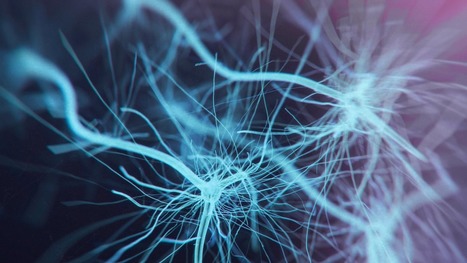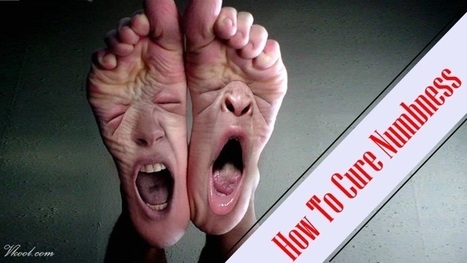Medicine loves to simplify topics into a good-or-bad dichotomy, and there is no better example than LDL and HDL cholesterol. However, this simplistic way of thinking disregards the beneficial role LDL plays in human physiology, and the complicated variations we see in both LDL and HDL.
Research and publish the best content.
Get Started for FREE
Sign up with Facebook Sign up with X
I don't have a Facebook or a X account
Already have an account: Login
Neuropathy is a medical term used to characterize damage or injury to the nerves, generally referring to the peripheral nerves as opposed to the central nervous system. The complications which follow neuropathy depends largely on the type of nerves that are affected. According to Dr. Alex Jimenez, different neuropathies can cause numbness and tingling sensations, increased pain or the loss of ability to feel pain, muscle weakness with twitching and cramps, and even dizziness and/or loss of control over the bladder function. The following articles take a closer approach to describe several neuropathies, their causes, whether known or unknown and possible solutions for individuals to feel relief from their neuropathy symptoms. For more information, please feel free to contact us at (915) 850-0900 or text to call Dr. Jimenez personally at (915) 540-8444. http://bit.ly/chiropractorNeuropathies. Clinical Testimonies: http://bit.ly/elpasoneuropathy Book Appointment Today: https://bit.ly/Book-Online-Appointment
Curated by
Dr. Alex Jimenez
 Your new post is loading... Your new post is loading...
 Your new post is loading... Your new post is loading...
|
|














Peeps, read your blood work. We all need to know some basic numbers on our blood pannels. Always check you HgA1c, Total Cholesterol, Blood Sugar - Fasting, now the LDL's. To that end, a recent study from Germany published in JAMA Network Open helps highlight a potentially beneficial role for LDL in nerve function. The study enrolled 100 people with type 2 diabetes and measured their nerve function and degree of impairment (neuropathy). They used sophisticated measurements with MRI, direct measurements of nerve conduction, and subjective symptoms to assess impairment. They also measured LDL, HDL and total cholesterol levels and correlated the measurements with nerve function.
MedPage Today: T2D, cholesterol, and neuropathy: What’s the link?
What they found supports the hypothesis that cholesterol, and LDL in particular, might play an important role in nerve function and healing. They found that all measures — MRI, nerve conduction, and subjective symptoms — were worse with low total cholesterol and LDL and better with higher values. If you hae questions. Ask me. Dr. Alex Jimenez 915-850-0900